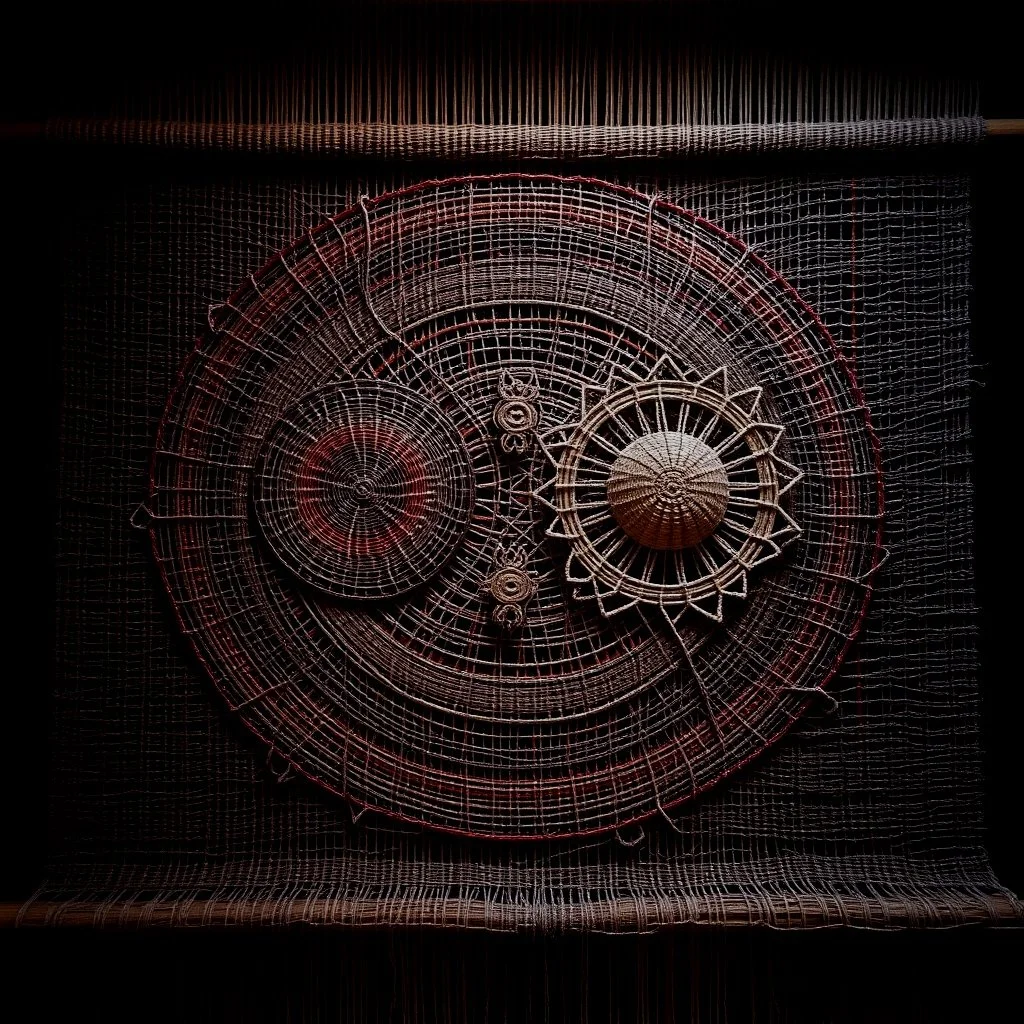-
In business, this approach can help create bespoke organizational patterns made from current actors and systems. By acknowledging that certain processes, structures, or strategies have reached their natural end, businesses can facilitate necessary transformations. This requires:
Embracing ceremonial endings: Creating intentional spaces to honor what has served its purpose before moving forward.
Recognizing cyclical patterns: Understanding that organizational elements don't simply "die" but transform into new forms that can serve the whole in different ways.
When organizations adopt this perspective, they stop seeing failure or endings as purely negative. Instead, these transitions become regenerative moments where resources, knowledge, and energy are recycled into new possibilities that strengthen the entire system.
-
In personal development, this framework helps us understand that periods of apparent stagnation often precede significant breakthroughs. By recognizing these natural rhythms, we can work with rather than against life's inherent cycles, cultivating patience during dormant phases and readiness to engage when momentum returns.
Enables perspective shifts: Moving through different contexts (physical locations, social circles, seasons) offers fresh viewpoints that can unlock creative solutions.
Creates natural renewal: Honoring cyclic transitions—whether daily, seasonal, or life-stage—provides built-in opportunities to release what no longer serves us and make space for new growth.
Cultivates adaptability: Regular exposure to changing environments strengthens our capacity to navigate uncertainty with ease and resilience.
Fosters deeper presence: Acknowledging time's passage encourages mindful engagement with each phase rather than clinging to the past or fixating on the future.
Reveals patterns and connections: Moving through varied contexts helps us recognize recurring themes and interconnections that might remain invisible from a single, static perspective.
-
Our current capitalist systems are fundamentally unsustainable, consuming resources at rates that significantly outpace natural regeneration. By understanding and embracing cyclical approaches that honor endings and beginnings:
We challenge linear extraction models: Current economic systems operate on a take-make-waste paradigm that depletes resources without consideration for regeneration or renewal.
We recognize ecological boundaries: Natural systems have inherent limits that cannot be transgressed without consequence, regardless of market demands or growth imperatives.
We value relationships over transactions: Embracing cycles helps us shift from viewing nature and people as resources to exploit toward seeing them as partners in mutual flourishing.
We create regenerative alternatives: This framework provides practical pathways toward systems that replenish rather than deplete the ecological and social foundations upon which we depend.
When we acknowledge that everything—including economic systems, organizational structures, and social arrangements—has natural lifespans, we can facilitate more graceful transitions rather than clinging to outdated models until they collapse catastrophically. This perspective allows us to reimagine progress not as unlimited growth but as evolution within planetary boundaries—creating systems
Pachacuti: A Turning over of Space/ Time
This process helps us build governance systems rooted in principles greater than ourselves, drawing wisdom from nature's time-tested patterns. By aligning our protocols and decision-making processes with these natural laws, we create more resilient and harmonious systems.
